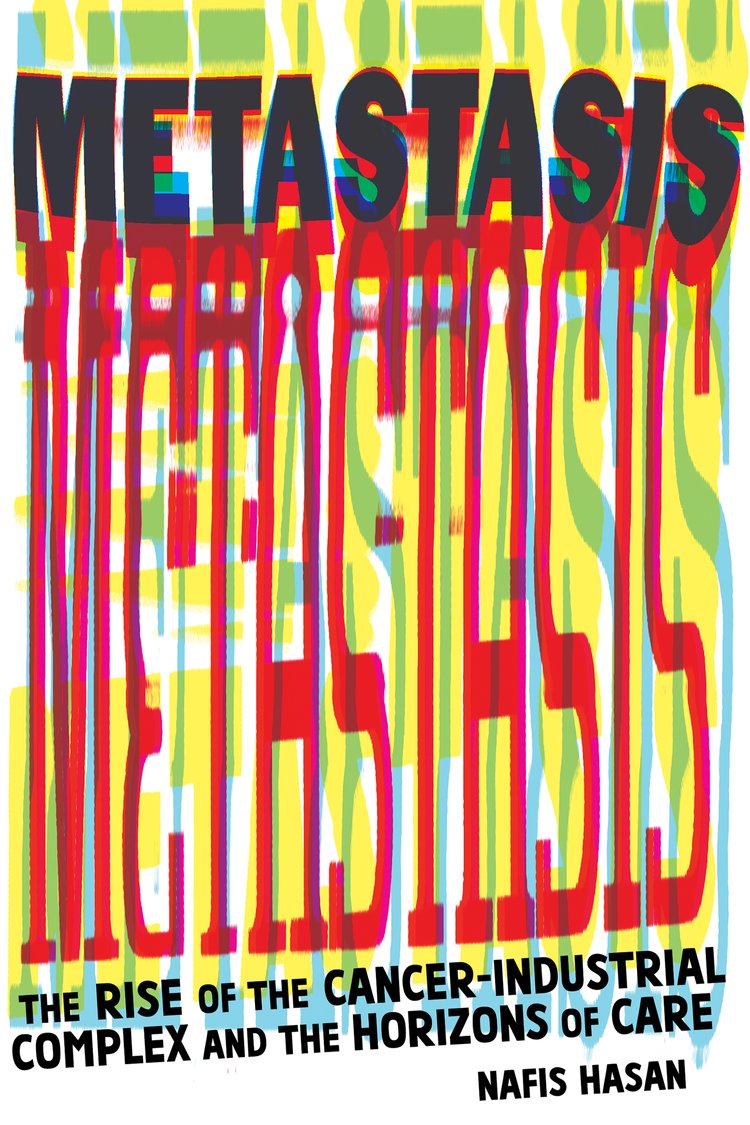Metastasis: The Rise of The Cancer-Industrial Complex and The Horizons of Care

A bold rethinking of cancer as a biological phenomenon, an indictment of science that serves capitalism, and a radical vision of liberated health and well-being.
More than fifty years after the declaration of the
War on Cancer, we are nowhere closer to victory. The
problem lies in the way cancer is understood and the
“cancer-industrial complex” that has been
established to address it. The cancer-industrial
complex arises from the symbiosis of private
corporations, nonprofit organizations such as
universities and foundations, and public
governmental regulatory bodies in the post-genomic
era. This network profits off a vulnerable
population who exist in a market that is
structurally rigged against them given their
physical and socioeconomic conditions. Under the
auspices of scientific research and technological
progress, much of which is well-meaning, a critical
extortion takes place.
Metastasis brings the cancer-industrial complex to
the fore of our understanding of what cancer is, the
chronic nature of the disease, its unmistakable
parallels to capitalism, its inextricable link to
the neoliberal model of economic development, and
its disproportionate burden on nonwhite and poor
populations—and what it will really take to rid
ourselves of the gravest dangers to our individual
and collective well-being.
Trained as a cancer scientist, Nafis Hasan offers a
critical and clinical reading of current narratives
of cancer research and the conditions that put the
onus on the individual rather than our collective
efforts to prevent cancer incidence and deaths. He
offers a visionary alternative theory about
carcinogenesis—one countering the dominant
neoliberal idea of mutations causing cancer—and
centers a dialectical approach to understanding the
biology and sociology of cancer. Hasan states, “If
we must fight the longest war, then it should be the
war against capitalism, whose growth has
metastasized in every aspect of our society and
ourselves.”


